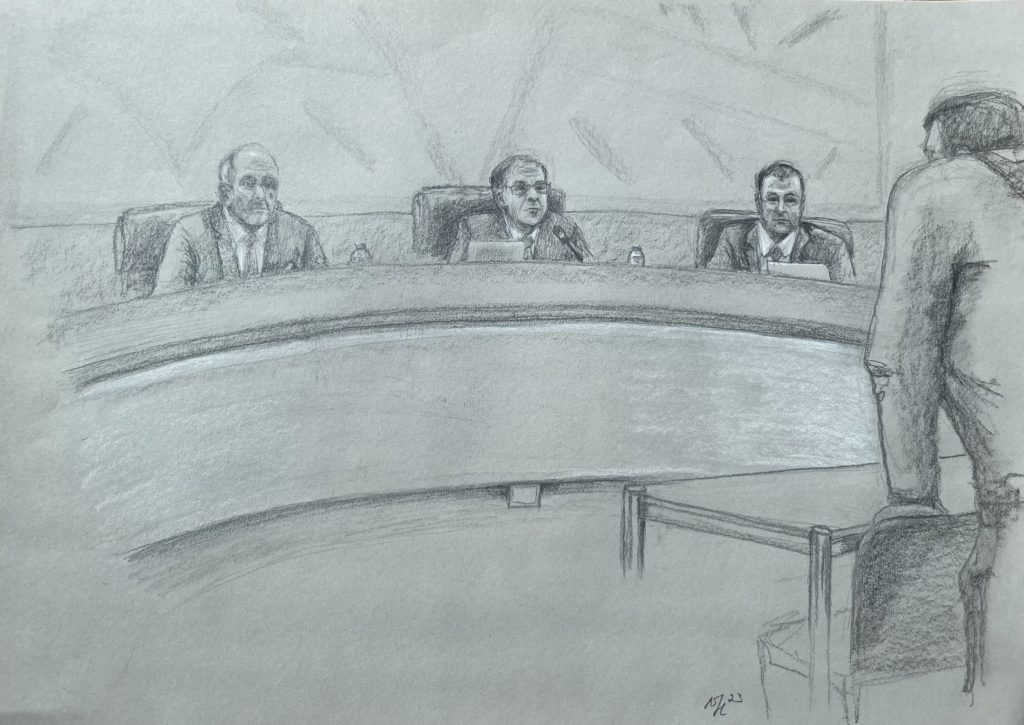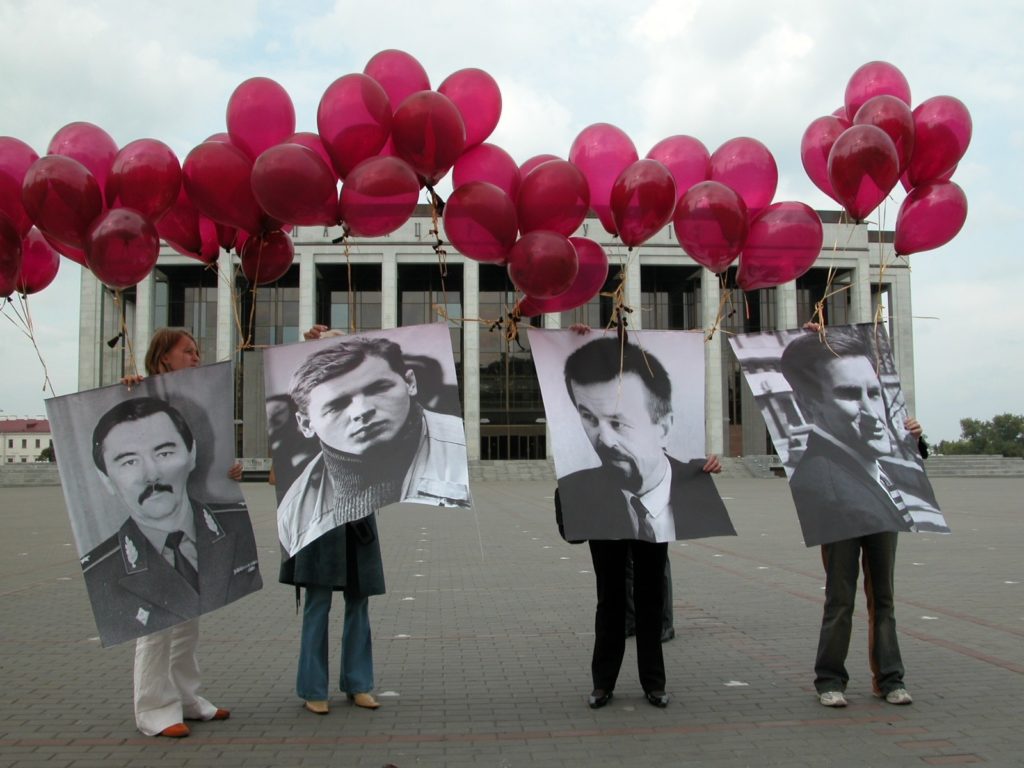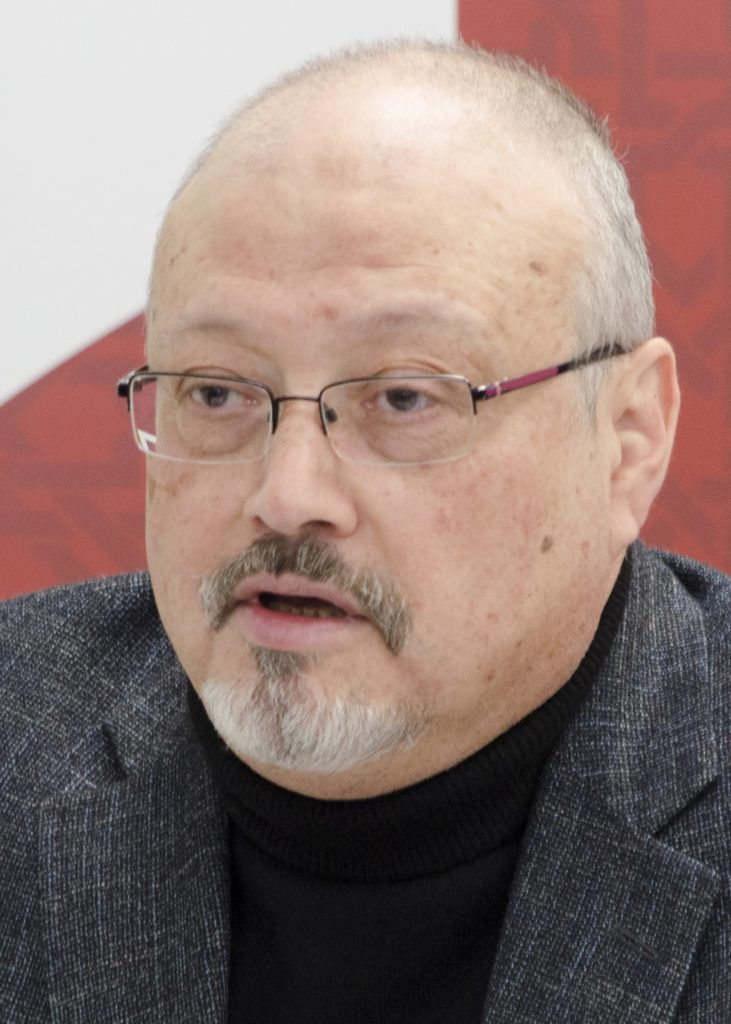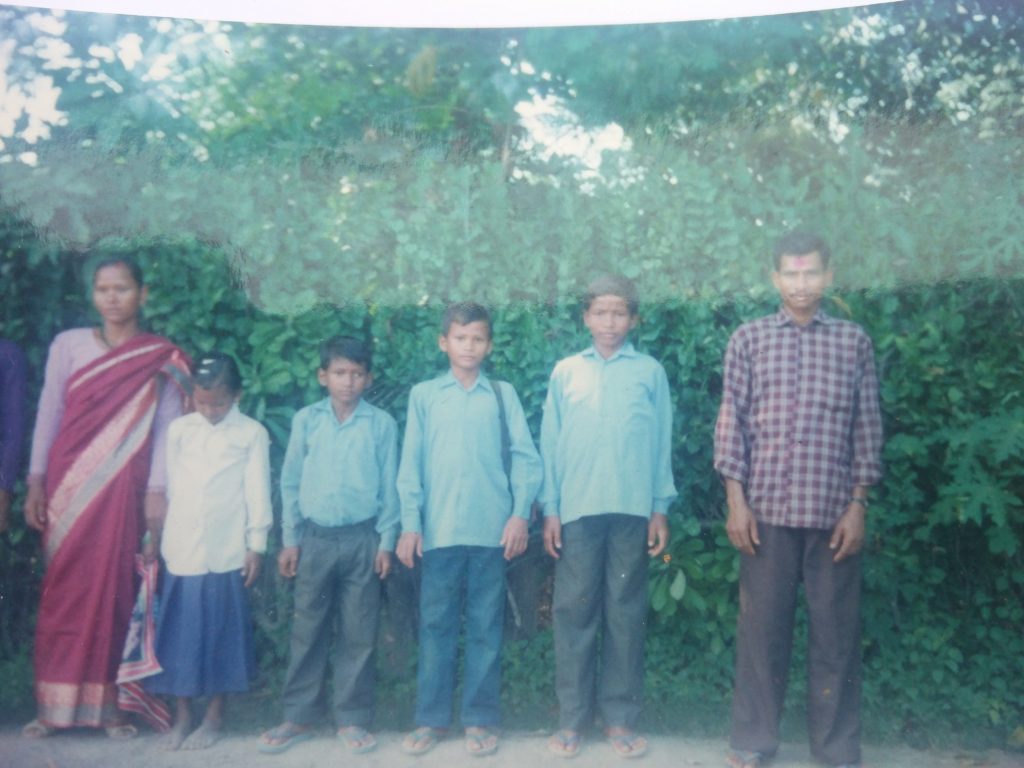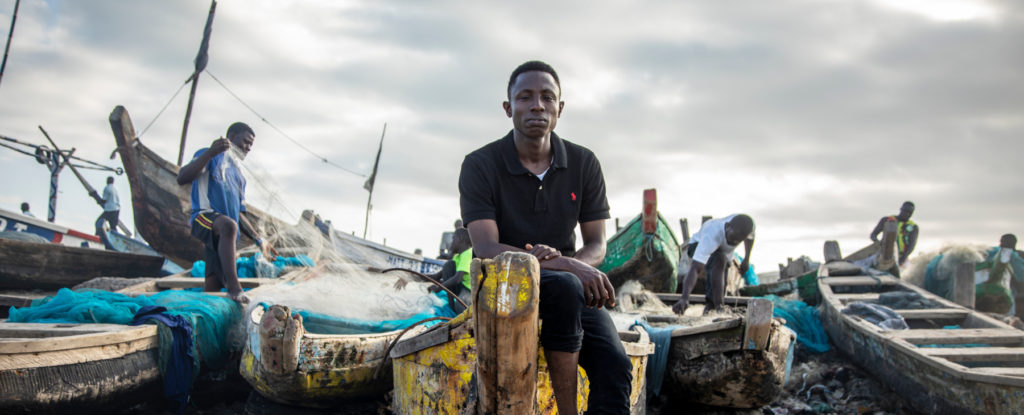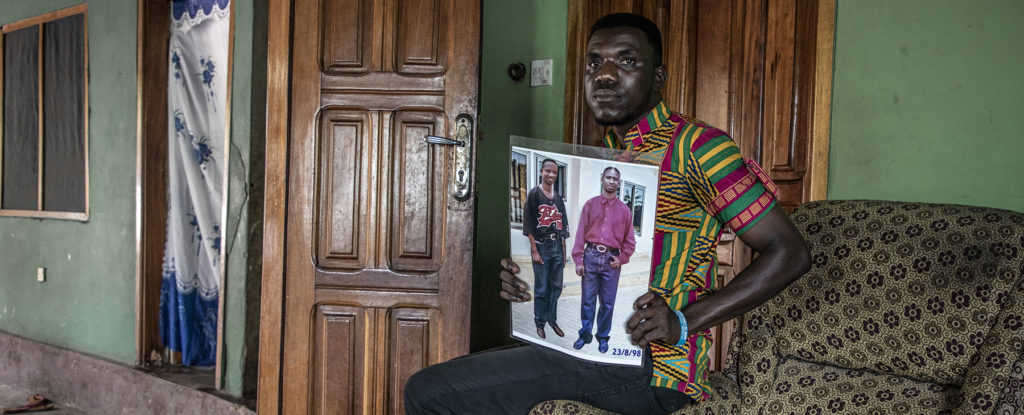International Day of the Victims of Enforced Disappearances: the faceless bereavement
How to mourn lost loved ones without their remains or date of death? For many families, the International Day of the Victims of Enforced Disappearances is an anniversary to remember them. Although 25 years have gone by since the end of the conflict, the wound is still very sore in Vogosca (Bosnia and Herzegovina).
The town of Vogosca does not look different from many others in Bosnia and Herzegovina. Surrounded by hills, its city center features a few shops and a small dilapidated bus station. A few trees and a monument honoring the war dead adorn the town square.
But the latter only commemorates those whose death has been confirmed, registered, and for whom the bodies were buried by their respective families. As painful as the loss may be, at least these families can find solace in the certainty of knowing the truth.
For there is another type of victim in Vogosca: disappeared people, who vanished without a trace. No one knows whether they are alive or dead, even if the lapse of time leaves little room for doubt.
A gaping wound
Ema Cekic saw her husband Salih for the last time in 1992, before the Serbian army forcefully disappeared him. Although she is now an elderly lady, the memories have remained intact: “The last time we saw each other, he placed his hand on my shoulder. At times, I can still sense that touch.”
The uncertainty surrounding the disappearances keeps the families in a unique kind of distress and hinders them from grieving. This is why enforced disappearance is a distinct crime from murder in international law.
“All I want is answers. I will fight until the truth comes out” says Ema. “I do not want my children and grandchildren to carry this burden. I want them to turn a new leaf and move on.”
Roses of remembrance
The memorial for the disappeared for in Vogosca is a few kilometers from the town center. One must leave the tarred road and follow a small dirt track to get there. A peaceful place by a river… that shrouds a sinister past.
“Two bodies were found in that stream” explains Ema. “We believe that other bodies were thrown there. On the 30thof August, we cast roses in the water. It’s a tribute to the missing, but also a message to the criminals who still live among us: we know what they did and how they disposed of the bodies”.
Roses have become a symbol of remembrance for the families of the disappeared. “We have taken it upon ourselves to plant rose bushes for the memorial. We wanted the place to be beautiful, since it is the only monument that we can offer to our loved ones. In the summer when it gets hot, the families come together to water the roses. The young mow the lawn, then we hang around and drink coffee. As we converse near the rose bushes, it is a little bit as though we were speaking to our lost ones”.
As the years go by, the memories linger. Faced with the indifference of the authorities and a younger generation yearning to forget the conflict, Ema sometimes feels alone in her quest for the truth. But her determination is unwavering: “Each day, I get up and hope to find my husband. It is the only hope I have. I live for the day when I will finally find him and offer him a real burial.”




